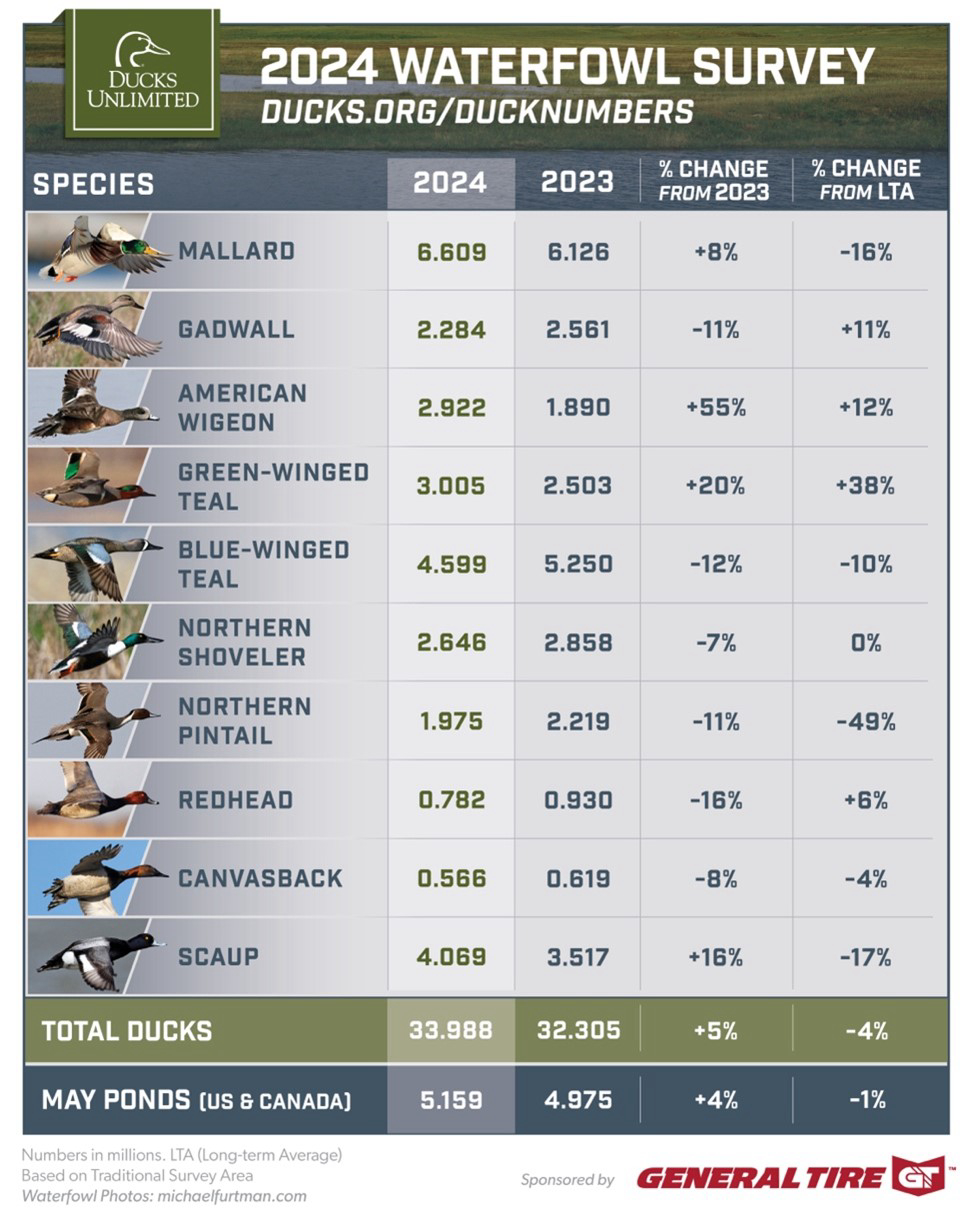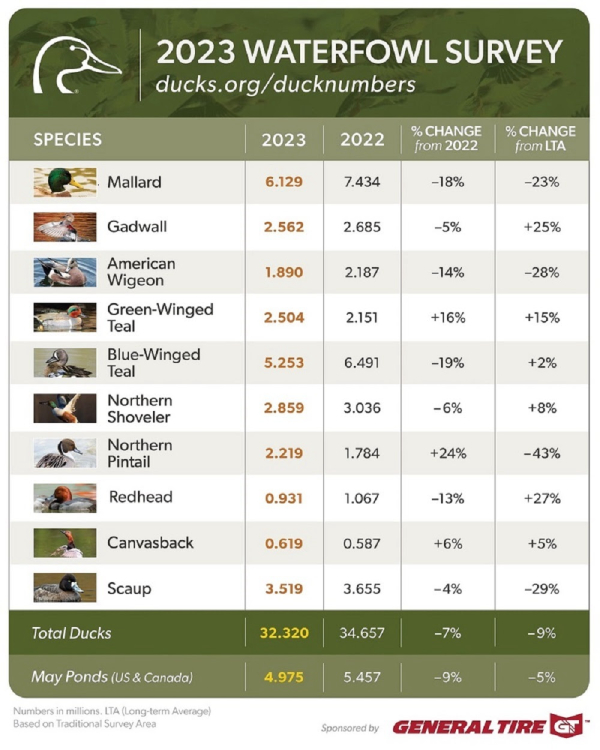Big Oil Trouble in Michigan
ANN ARBOR, Michigan
A sensitive area of important waterfowl habitat has been impacted by the Enbridge Lakehead oil spill. On July 26, 2010 a leak occurred in an Enbridge pipeline that released what the Environmental Protection Agency estimates to be more than 1 million gallons of crude oil into Talmadge Creek, a tributary of the Kalamazoo River. Ducks Unlimited, the world leader in wetlands and waterfowl conservation, is communicating with state and federal agencies working on the clean up. DU continues to monitor the progression and potential consequences of the spill.
Ducks Unlimited is urging those who encounter oiled wildlife or waterfowl resulting from the Enbridge spill to follow the recommendations of the EPA, U.S. Fish and Wildlife Service and Michigan Department of Natural Resources and Environment, who have asked that people call the spill hotline at 800-306-6837. It is important that impacted wildlife be handled by trained experts. It is unhealthy to handle oiled wildlife without proper training and equipment and unlawful to handle oiled migratory birds without specific authority from the U.S. Fish and Wildlife Service. The same number can be used to obtain updates on the spill or to find out about opportunities to volunteer.
The Kalamazoo River lies within the Ducks Unlimited Great Lakes and Atlantic Regional Office’s Southeast Lake Michigan Watershed Priority Area. DU’s conservation program within this priority area incorporates scientific data and computer modeling to predict where mallards will settle on the landscape in the spring to nest. Southwestern Michigan, and the entire Southeast Lake Michigan watershed provide key habitat for Michigan-nesting mallards which have experienced a reduction in numbers over the previous years. DU has many active habitat restoration projects close to the spill area and will evaluate the effect of this spill on continuing efforts to restore emergent wetlands and establish native warm season grasses. As the spill is contained and the assessment phase begins, Ducks Unlimited will work to support state and federal agencies to reduce the impact of this event.
“We appreciate the great work being conducted by the U.S. Fish and Wildlife Service, Michigan Department of Natural Resource and the Environment, and the Environmental Protection Agency, as well as Enbridge employees and contractors,” said Ken Babcock, director of Ducks Unlimited’s Great Lakes/Atlantic regional office. “This unfortunate accident is something no one likes to see, and is very difficult to contain and clean, so we are glad to see cooperation and acceleration of the clean up effort.”
DU will continue to work with federal and state agencies, and will monitor efforts as the clean up effort continues.
Ducks Unlimited is the world’s largest non-profit organization dedicated to conserving North America’s continually disappearing waterfowl habitats. Established in 1937, Ducks Unlimited has conserved more than 12 million acres thanks to contributions from more than a million supporters across the continent. Guided by science and dedicated to program efficiency, DU works toward the vision of wetlands sufficient to fill the skies with waterfowl today, tomorrow, and forever.





